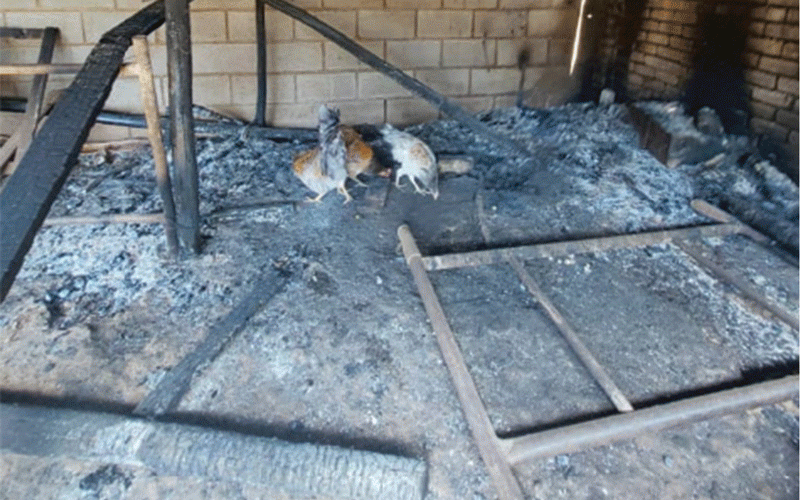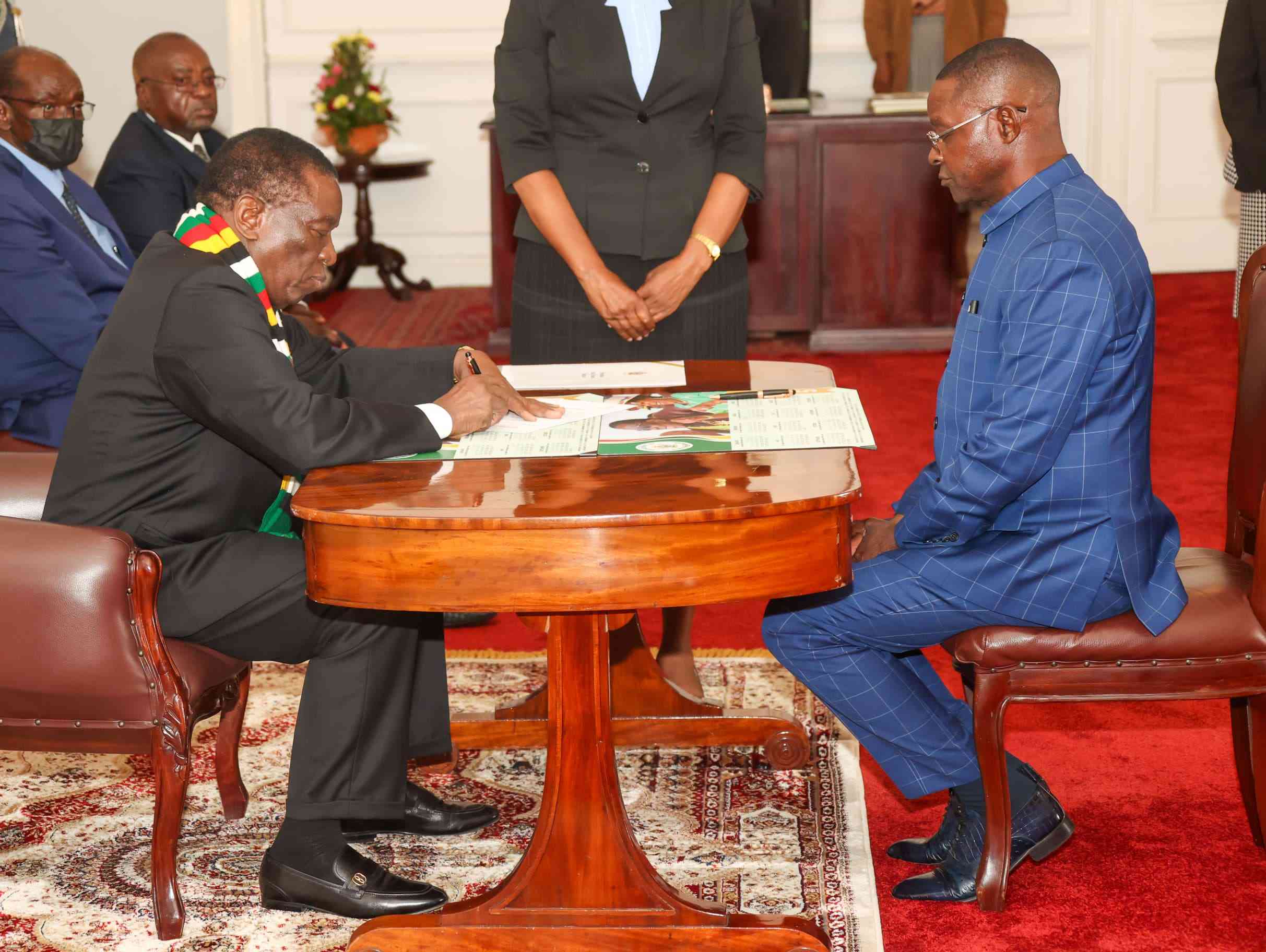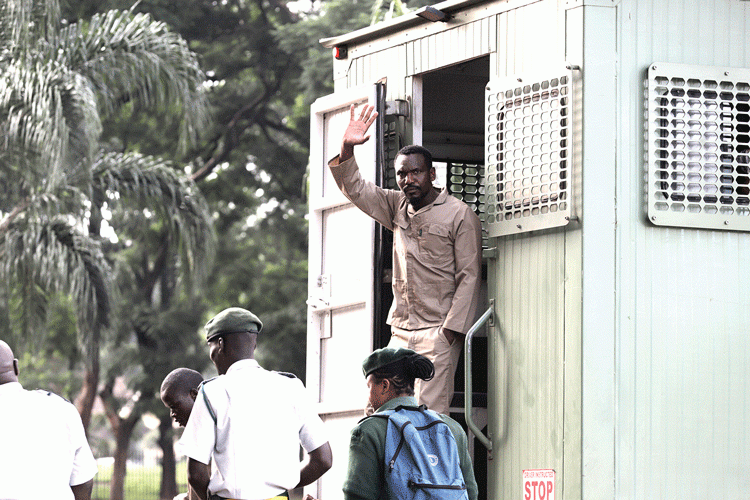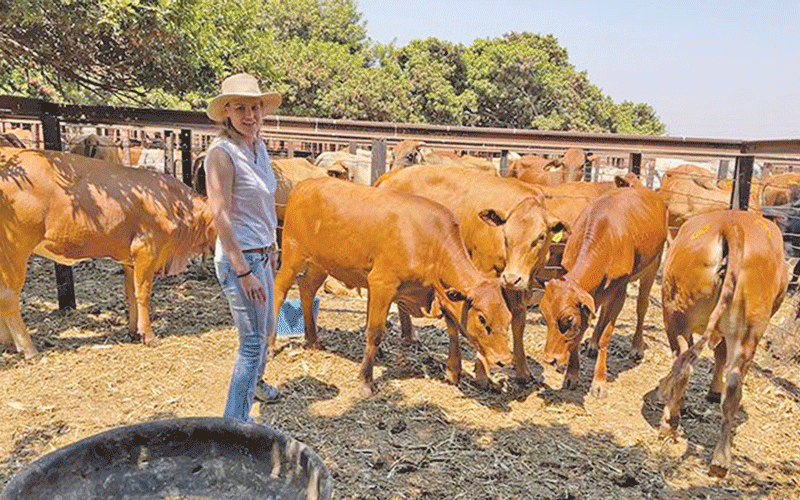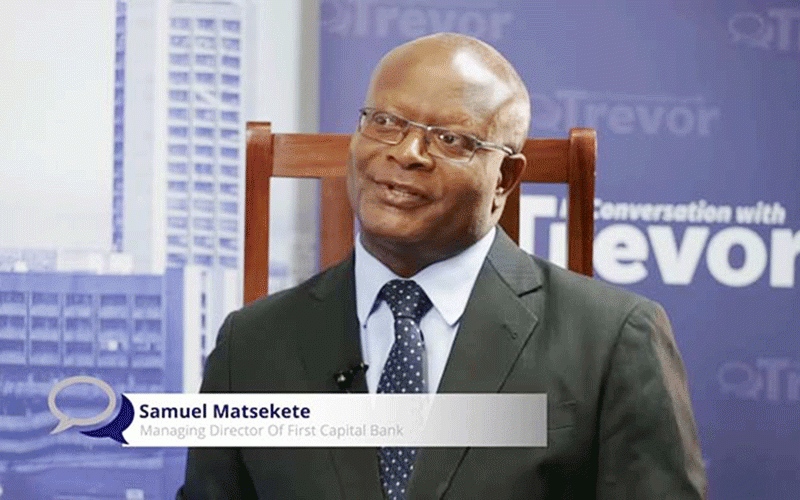As Zimbabwe braces for the rainy season and the festive period, Moovah, the country's leading short-term insurance provider, has partnered with Medical Air Rescue Services (MARS) to offer affordable and reliable emergency ambulance services.
This timely collaboration aims to enhance road safety and provide peace of mind to motorists during a period often marked by increased traffic and accidents.
The rainy season, which generally coincides with the festive season, typically sees an increase in road accidents as people travel to visit family and attend social gatherings.
Statistics from the Traffic Safety Council of Zimbabwe (TSCZ) highlight a worrying trend: The country recorded 51,924 road accidents last year, most of which occurred during the festive period. Many of these incidents were linked to reckless driving, speeding, and dangerous overtaking, often compounded by the influence of alcohol or drugs during celebrations.
In the wake of the partnership, Gift Noko, Chief Insurance Officer at Econet Insurance, which operates Moovah, issued a cautionary reminder for motorists to prioritize road safety.
He said there was a need for vigilance on the road, particularly during this high-risk period.
Keep Reading
- Moovah delivers motor insurance discs to your doorstep
- Econet launches mobile phone insurance
- Econet Insurance unveils partnership with Road Angels
“We urge all motorists to exercise caution, not only to protect themselves but also to safeguard the lives of other road users. The combination of wet conditions, holiday excitement, and increased traffic creates a dangerous environment, and we all have a role to play in ensuring safety,” he said.With regards the partnership with MARS, Noko said the collaboration will provide Moovah policyholders with peace of mind, knowing that in the event of an accident, they will have access to swift medical evacuation and transportation to the nearest hospital.
For just USD 1 per month, or USD 12 per year, Moovah customers can subscribe to this service, ensuring prompt assistance from MARS in the event of an emergency. Given that ambulance services in Zimbabwe can cost as much as USD 150 per trip, this partnership offers substantial financial relief to motorists, while providing comprehensive nationwide coverage—from urban centres to remote locations.
“At Econet Insurance, we are constantly seeking ways to improve the value and protection we provide to our customers. This partnership with MARS shows our commitment to offering life-saving services that are both affordable and accessible. Our policyholders can now drive with peace of mind, knowing that emergency help is just a call away, ” Noko said. The Traffic Safety Council of Zimbabwe’s findings underscore the importance of cautious driving during this period. Over the years, festive season road accidents have claimed many lives, with most fatalities resulting from preventable factors like driving under the influence and poor weather conditions.“While festivities are a time for celebration, it’s crucial that drivers remain focused and alert. The combination of wet roads and heavy traffic requires extra care,” Noko added. “We strongly encourage motorists to ensure their vehicles are roadworthy, avoid excessive speed, and never drive under the influence.”MARS, known for its professionalism and quick response times, is a leader in emergency medical services in Zimbabwe. The partnership with Moovah reinforces the company's mission to provide accessible emergency care nationwide, with services available even in the country’s most remote areas.Ivy Chanakira, MARS Acting Head Operations & Training, expressed excitement about the collaboration, stating that the company was thrilled to partner with Moovah Insurance to deliver a cost-effective solution for emergency ambulance services. “Our teams are highly trained and equipped to respond swiftly, ensuring that customers receive the best care when it’s needed most. This partnership perfectly aligns with our goal of making emergency medical services accessible to all Zimbabweans, no matter where they are,” she said.

